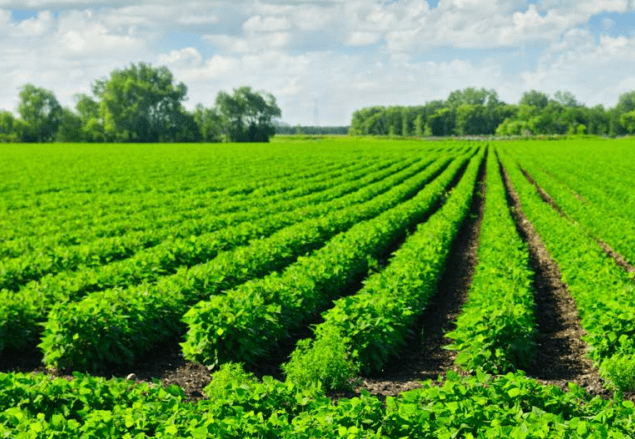China and Mexico were the largest importers of soybeans from the United States in 2021, with purchases of 14,101 million and 2,669 million dollars, respectively.
While these imports climbed 0.2% in the case of China, those destined for Mexico increased 42%, at annual rates.
Soybeans are an oilseed crop used for food, food ingredients, food additives, and animal feed.
Soybeans can also be harvested for oil used in food and industrial applications, and soybean meal is an important source of protein for use primarily in animal feed, but also for direct human consumption.
To the whole world, US soybean exports totaled 27,374 million dollars in 2021, which represented an annual increase of 7.3%, according to data from the United States Department of Agriculture (USDA).
Soybeans
Fermented soy foods include soy sauce and tempeh, while non-fermented options include soy milk and tofu.
Yield10 Bioscience notes that soybeans are widely cultivated in North and South America, with most seeds being genetically modified.
In the 2018/2019 growing season, around 94.4 million acres of soybeans were planted in the United States and Canada.
According to the USDA, the United States, Brazil, and Argentina account for about 80% of global soybean production.
Yield10 aims for a 20% or more increase in soybean yield. They have signed research license agreements with Bayer and GDM to evaluate certain soybean characteristics.
Other major importers of US soybeans in 2021 were: Egypt ($1,434 million, -0.7%), Japan ($1,350 million, +27%), Indonesia ($1,085 million, +22.4), Germany ($747 million), Taiwan (736 million, +21.4%), Spain (486 million, +43.2%), Bangladesh (476 million, -1.7%) and Thailand (466 million, -18 percent).
Seeds
Yield10 Bioscience, Inc. is an agricultural bioscience company. It uses its unique trait gene discovery platform, known as the «Trait Factory.» This platform helps develop improved varieties of Camelina. The company also aims to produce proprietary products. Additionally, Yield10 focuses on developing high-value traits for crops. These innovations target the agricultural and food industries.
Its objectives are to efficiently develop and market a high-value produce business by developing superior varieties of Camelina for the production of feedstock oils, nutritional oils and PHA bioplastics, and to license their performance characteristics to leading companies. of seeds for sale in the main row crops, including corn, soybeans and canola.

